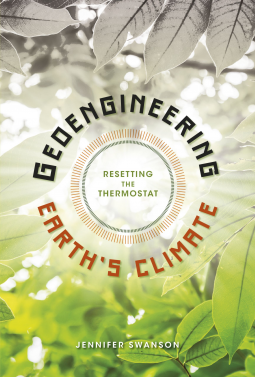
Geoengineering Earth's Climate
Resetting the Thermostat
by Jennifer Swanson
This title was previously available on NetGalley and is now archived.
Send NetGalley books directly to your Kindle or Kindle app
1
To read on a Kindle or Kindle app, please add kindle@netgalley.com as an approved email address to receive files in your Amazon account. Click here for step-by-step instructions.
2
Also find your Kindle email address within your Amazon account, and enter it here.
Pub Date Aug 01 2017 | Archive Date Oct 23 2017
Lerner Publishing Group | Twenty-First Century Books ™
Description
Most scientists agree that Earth is warming rapidly. Glaciers are melting and rising seawaters are submerging islands and coastal cities. In the coming decades, millions will likely have to escape extreme weather caused by climate change.
Some scientists say we need to act faster and with radical new technologies—now—to save our planet. They propose geoengineering, or "engineering Earth," to reset our global thermostat. Ideas include thickening clouds with chemicals to reduce the amount of sunlight and pulling carbon dioxide from the air with machines. However, critics say that geoengineering could backfire and create even worse weather. Is geoengineering too risky? Or is it our best hope of survival?
A Note From the Publisher
Galley available for computer and tablet.
Available Editions
| EDITION | Other Format |
| ISBN | 9781512415698 |
| PRICE | $35.99 (USD) |




